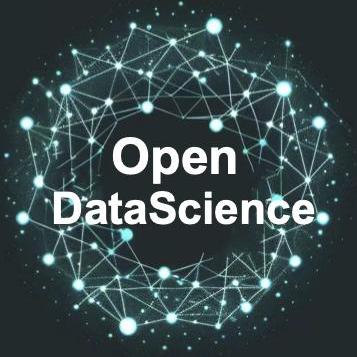Discover and explore top open-source AI tools and projects—updated daily.
DataChad by  gustavz
gustavz
App for Q&A using LLMs and vector DBs
Top 84.3% on SourcePulse
DataChad is a Python application designed for querying diverse data sources using natural language. It targets users who need to extract information from documents, URLs, or file paths, providing a conversational interface powered by LLMs and Langchain. The primary benefit is enabling users to interact with their data through simple questions, abstracting away the complexity of data retrieval and processing.
How It Works
DataChad processes data by loading it, splitting it into text chunks, and generating embeddings using OpenAI or Hugging Face models. These embeddings are stored in Activeloop's database hub. A Langchain is constructed with a configurable LLM (defaulting to gpt-3.5-turbo), multiple vector stores for knowledge bases, and a dedicated "smart FAQ" vector store. User queries are embedded, used for similarity searches across the vector stores, and the most relevant results provide context for the LLM to generate answers. Chat history is cached locally for a persistent conversational experience.
Quick Start & Requirements
- Install via
pip install datachad(or clone and run). - Requires Python >= 3.10.
- Configuration involves creating a
.envfile with credentials (OpenAI API key, Activeloop API key) or setting environment variables. - Official documentation and demo links are not explicitly provided in the README.
Highlighted Details
- Supports multiple file types and formats within knowledge bases.
- Offers "Smart FAQs" as curated Q&A lists.
- Utilizes Activeloop's database hub for vector storage.
- Caches chat history locally for conversational continuity.
Maintenance & Community
The project is actively maintained with a public TODO list indicating planned features and refactors, including support for multiple models/embeddings, local/private mode, streaming responses, and a decoupled UI. Contributions via Issues and Pull Requests are encouraged.
Licensing & Compatibility
The README does not specify a license. Compatibility for commercial use or closed-source linking is not detailed.
Limitations & Caveats
The application is primarily designed for Python 3.10+ and relies on external API keys (OpenAI, Activeloop). Several advanced features like asynchronous I/O, FastAPI integration, and a separate frontend are still in the TODO list, suggesting the current version may be more of a proof-of-concept or internal tool. File storage uses downloaded files rather than tempfile, which may have implications for resource management.
2 years ago
Inactive

 yacy
yacy mem0ai
mem0ai mtenenholtz
mtenenholtz logan-zou
logan-zou gannonh
gannonh SkywalkerDarren
SkywalkerDarren paulpierre
paulpierre hwchase17
hwchase17 X-D-Lab
X-D-Lab techleadhd
techleadhd weaviate
weaviate HKUDS
HKUDS